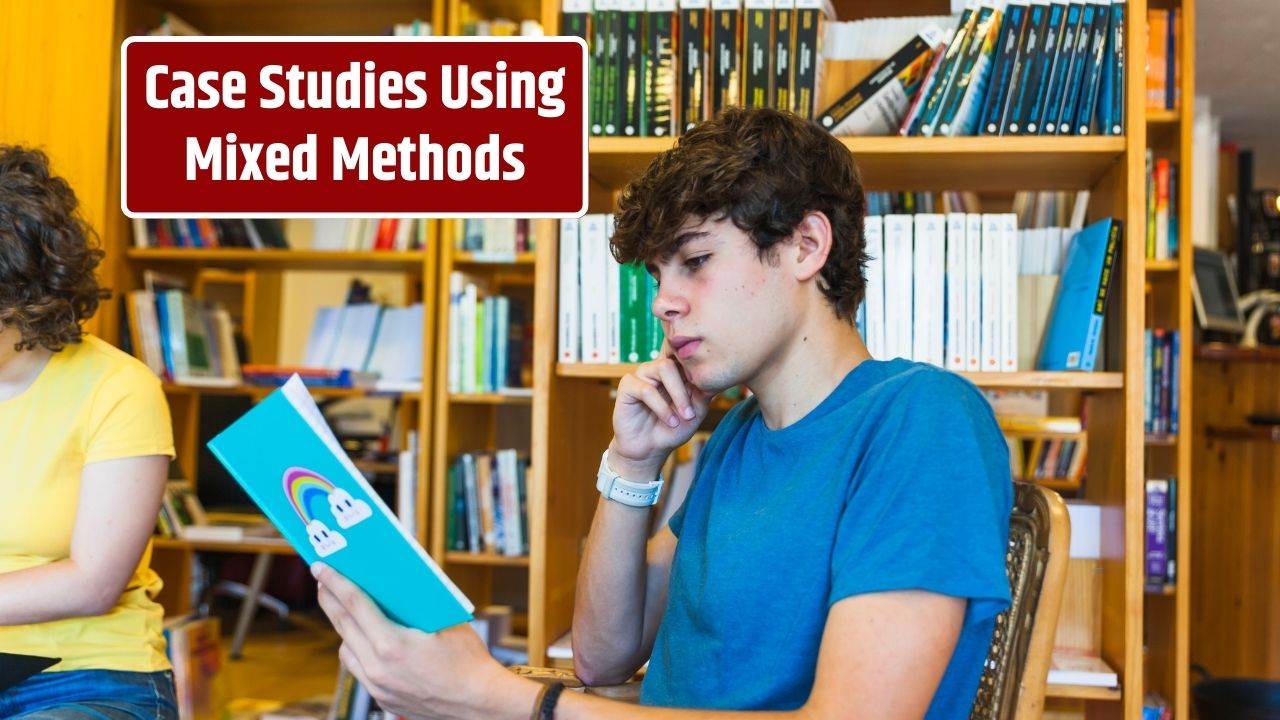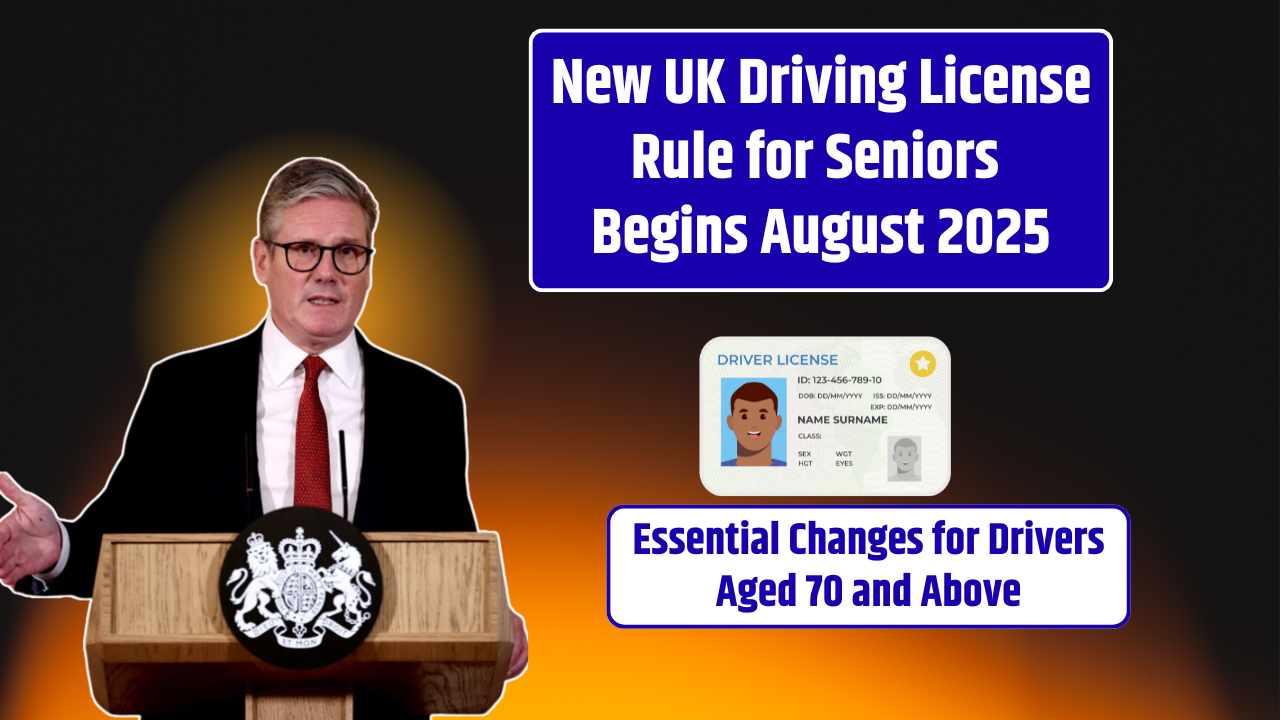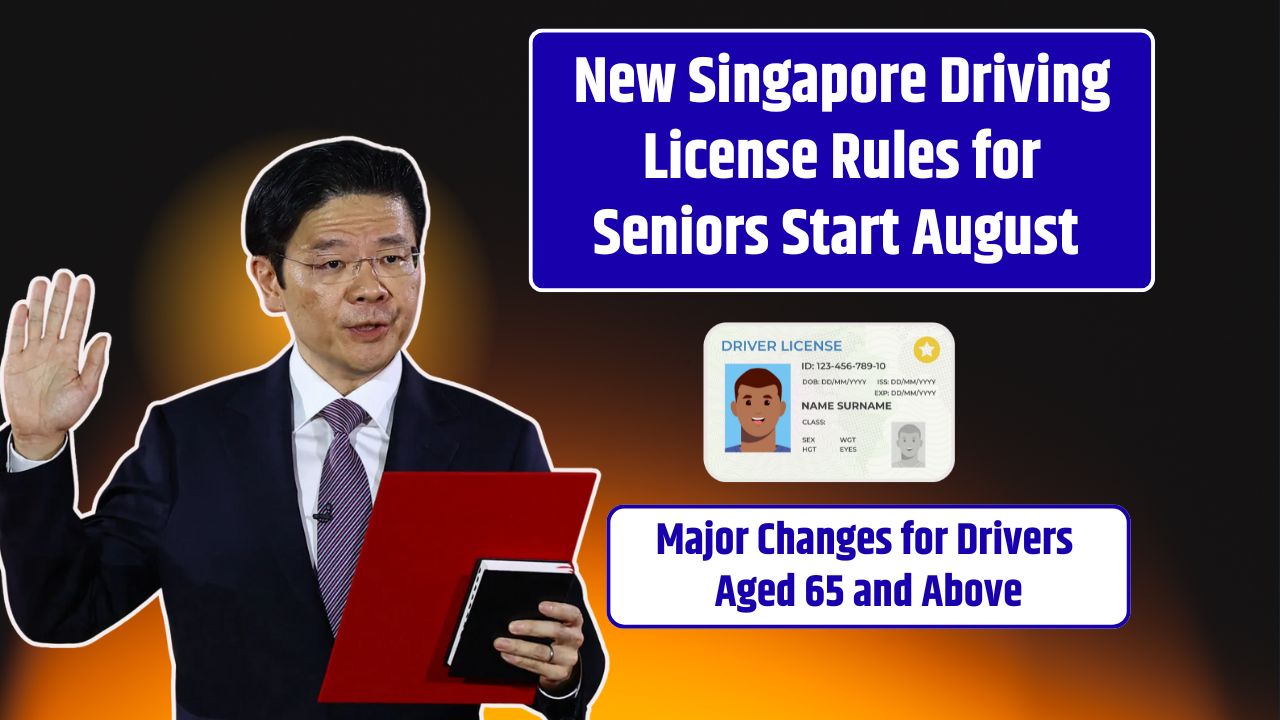The Office of Planning, Research, and Evaluation (OPRE) isn’t just a source of research—it’s a training ground for anyone looking to build skills in public sector research and evaluation. Whether you’re a student, early-career researcher, policy analyst, or nonprofit practitioner, OPRE offers a wide range of free, high-quality materials that can help you learn how to plan, conduct, and interpret rigorous social research.
Here’s how to use OPRE’s publicly available resources to grow your skills and knowledge in public research.
Table of Contents
1. Start with the OPRE Methods Briefs
OPRE publishes dozens of methods briefs that break down complex research topics into clear, practical guides. These are perfect for anyone who wants to build technical evaluation skills—without needing a PhD.
Skills You Can Learn:
- Designing impact evaluations
- Using administrative data in research
- Applying mixed methods in program settings
- Incorporating equity into research and evaluation
- Conducting implementation studies
Each brief focuses on real-world application, making it a great resource for students, grant writers, and evaluation staff alike.
Browse them here: https://www.acf.hhs.gov/opre
2. Study OPRE’s Federal Evaluation Case Studies
One of the best ways to learn public research is by reviewing how it’s done in practice. OPRE evaluations—such as FACES, PACE, and PACT—are excellent examples of:
- Large-scale data collection
- Evaluation design in complex environments
- Integration of qualitative and quantitative methods
- Cross-sector collaboration in policy research
Try This:
- Read an executive summary to see how findings are translated for policymakers
- Download full reports to examine study design, methods, and results
- Take note of how limitations, equity, and implementation are addressed
These case studies offer a template for how to design and communicate applied research in the human services sector.
3. Use OPRE Data Sets for Hands-On Learning
OPRE supports several public-use datasets that allow you to practice research skills with real federal data. Some of the most accessible include:
| Dataset | Focus Area | Access Platform |
|---|---|---|
| FACES (Head Start) | Early childhood and family outcomes | ResearchConnections.org |
| PACE | Career pathways for low-income adults | ICPSR.org |
| MIHOPE | Home visiting and maternal health | Child & Family Data Archive |
You can use these datasets to:
- Practice running regressions or statistical models
- Create data visualizations for policy reports
- Test hypotheses on program effectiveness
- Learn how to code and clean large social datasets
These are excellent tools for students and early-career analysts building research portfolios.
4. Follow the OPRE Methods Meetings
Each year, OPRE hosts the Methods Meeting—a public-facing forum that brings together government researchers, academics, and practitioners to discuss emerging topics in social research and evaluation.
How to Use the Meeting Materials:
- Watch past video sessions to learn from top evaluators
- Review session summaries to stay current on evaluation trends
- Take notes on how panelists discuss equity, ethics, and methods in practice
Topics often include administrative data use, rapid-cycle evaluation, and equitable measurement—all highly relevant for modern public sector research.
Meeting materials are posted on OPRE’s website annually.
5. Explore OPRE’s Evidence Clearinghouses and Toolkits
If you’re designing an evaluation or just starting out in policy research, OPRE’s tools make the process easier:
Tools You Should Know:
- Pathways to Work Evidence Clearinghouse – Learn how to assess evidence and compare interventions
- TANF Data Innovation Toolkit – Understand data linkage, privacy, and governance
- Project IMPROVE – Find implementation checklists, data dashboards, and improvement guides
- Learn Innovate Improve (LI²) – Apply human-centered design principles in evaluation
These tools teach practical program research and evaluation skills like building logic models, engaging stakeholders, and improving service delivery through data.
6. Apply What You Learn with Community Partners
As you build your skills, consider applying what you’ve learned through:
- Volunteering with a local nonprofit on evaluation planning
- Assisting a university lab with policy research
- Developing your own small-scale case study using public data
- Writing a blog post or policy brief summarizing OPRE research
Putting these skills into practice will strengthen your portfolio and help you move from theory to impact.
FAQs
Are OPRE resources free?
Yes—all reports, briefs, and tools are publicly available online.
Do I need to register to access OPRE data or publications?
Some datasets require registration through academic portals (like ICPSR or Research Connections), but reports and methods briefs are open access.
Can I use OPRE materials for teaching or training?
Absolutely. Many professors, policy schools, and nonprofit trainers use OPRE resources in classrooms and workshops.


























